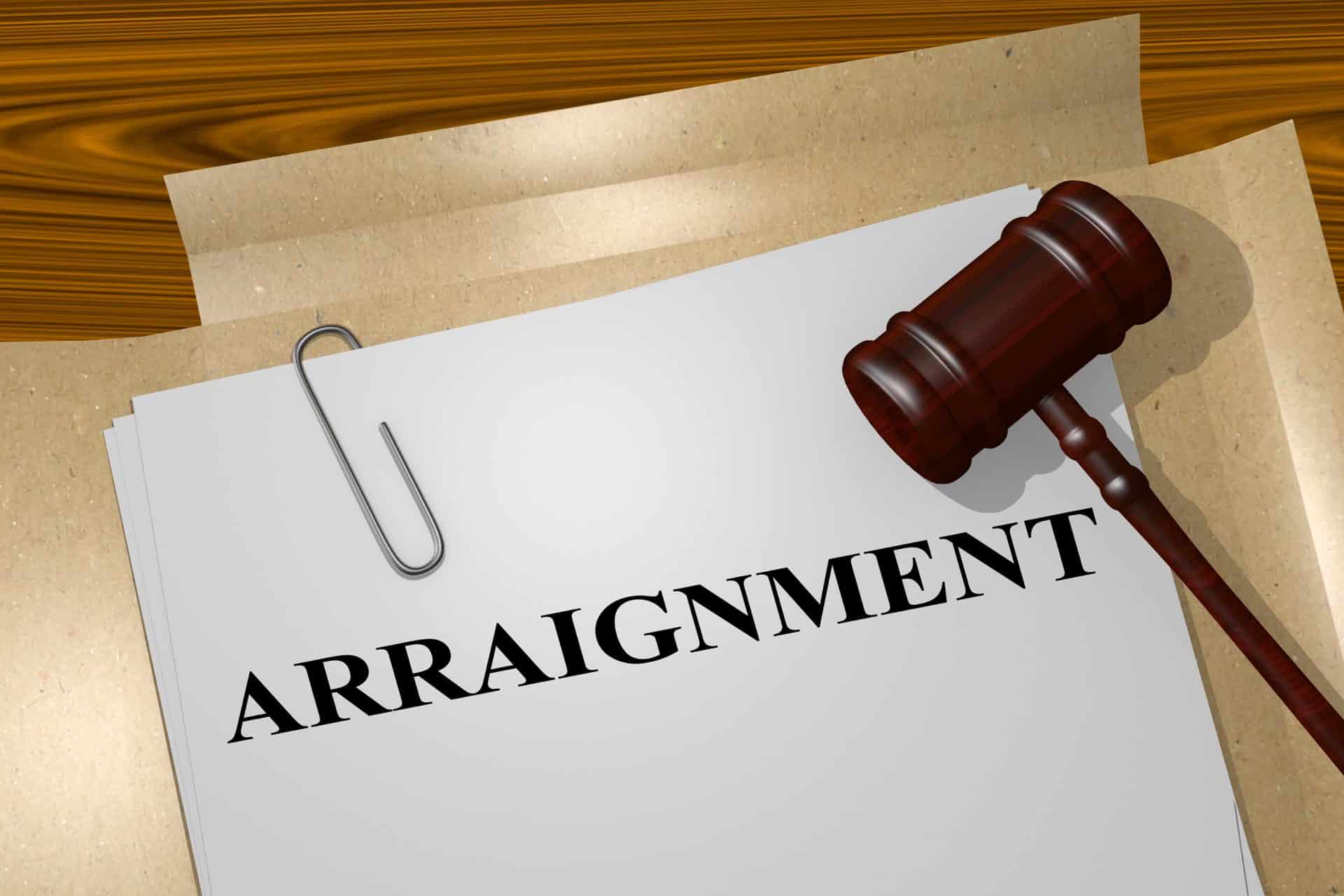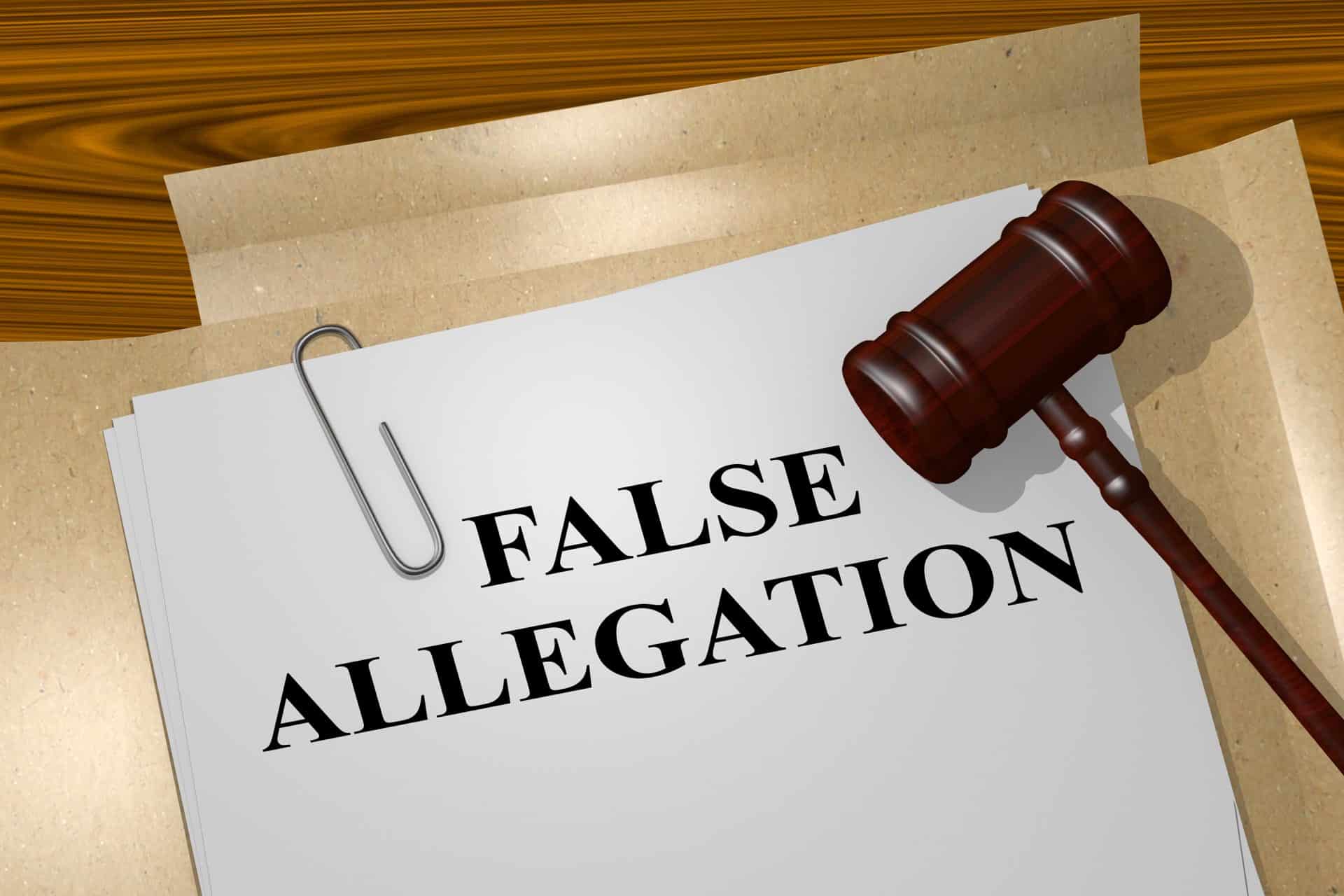
Our state’s approach to drug crimes reflects Texas’s overall tough stance on crime in general. We are known as a state that values law and order, and our drug laws are aimed at reform and prevention.
Drug offenses in Texas can range from possession of small amounts to trafficking large quantities, and the severity of the penalties often depends on the type and amount of the drug involved. Penalties can include heavy fines, lengthy prison sentences, and mandatory drug education or rehabilitation programs. Additionally, Texas enforces strict rules on the possession and distribution of prescription medications.
In this article, we’ll take an in-depth look at Texas drug laws and break down which drugs and which amounts can lead to exactly which legal penalties. For defendants navigating these laws for the first time, or for those innocent of what the court is charging them with, an experienced attorney is a must.
Texas takes a hard stance on drug crimes, so you need an attorney who will fight just as hard on your behalf. If you or someone you love has been accused of a drug crime in Texas, call the Law Offices of Keith G. Allen, PLLC, today.
Categories of Controlled Substances
Texas has a reputation for being particularly stringent when it comes to drug laws. Our state classifies drugs into different penalty groups based on their potential for abuse and accepted medical use.
Penalty Group 1 includes substances like opiates, heroin, and various forms of morphine and codeine. The penalties for possession in this group are the most severe. Punishments increase based on the amount of the substance involved and where it was being sold. For example, for Penalty Group 1, less than 1 gram of these drugs results in a punishment ranging from 180 days to 2 years in jail and a fine of up to $10,000. For over 400 grams, the penalties escalate quickly and include potential prison time of 15 to 99 years or life, as well as fines reaching up to $250,000.
Penalty Group 2 includes hallucinogens like MDMA, Mescaline, and Psilocybin. The punishments for possession in this group also vary with the amount. For instance, for less than one gram, it’s classified as a state jail felony with up to 2 years in jail and/or a fine of not more than $10,000. For 400 grams or more, the offense becomes a first-degree felony, with 5 to 99 years in prison and/or a fine of $50,000. Penalty Group 2-A covers synthetic marijuana, like spice and K2. The penalties for possessing these substances range from a Class B misdemeanor to a first-degree felony, depending on the amount.
Penalty Group 3 includes drugs like anabolic steroids and other prescription drugs with depressant or stimulant effects, like Ritalin or benzodiazepines. Possession of less than 28g is a Class A misdemeanor, punishable by up to 1 year in jail and a fine of up to $4,000.
Recent Changes to Texas Drug Laws
To understand the recent changes in Texas drug laws, you need to first understand the drug scheduling system used in the United States. The Controlled Substances Act categorizes drugs into schedules based on their medical use, their potential for abuse, or their addictive properties.
Schedule I: These substances have a high potential for abuse. There is no currently accepted medical use for Schedule I drugs in the United States, and because of this, there are also no safety regulations for use under medical care. Drugs like heroin, LSD, and ecstasy fall under this category.
Schedule II: Drugs in this category have a high potential for abuse even though they are currently accepted for medical use. The medical use often comes with severe restrictions, and abuse of these drugs may lead to serious psychological or physical dependence. Examples include cocaine, methamphetamine, and oxycodone.
Schedule III: Drugs in this category have less potential for abuse than Schedule I or II drugs. They have a clearly accepted medical use, and they may only cause a mild physical dependence. Anabolic steroids and some barbiturates are examples.
Schedule IV: These drugs have an even lower potential for abuse than Schedule III substances. They have an accepted medical use, and abuse can lead to a limited physical or psychological dependence. Examples include Xanax and Valium.
Schedule V: Substances in this schedule have the lowest potential for abuse. They have a currently accepted medical use, and the chances of a physical dependency are low. Cough medicines with low quantities of codeine are in this category.
In 2023, Texas made several important changes to its controlled substance schedules. These include:
- Adding Brorphine to Schedule I: Brorphine is a strong opioid, so Texas classified it as a Schedule I substance. This reflects its high potential for abuse and its lack of a recognized medical use.
- Moving Eutylone to Schedule I: Eutylone is a synthetic stimulant often found in “bath salts.” It was placed in Schedule I for the same reasons as above.
- Other Additions to Schedule I: Other substances like Amineptine, Methiopropamine, Mesocarb, and Zipeprol were added to Schedule I, as well. These are mostly designer drugs that aim to get people high at parties instead of solving any medical issues.
- Adding Ganaxolone to Schedule V: Ganaxolone is used in the treatment of seizures, and it was added to Schedule V because of its low potential for abuse. This drug has a very limited potential for physical or psychological dependence relative to the drugs discussed so far.
- In 2024, certain parts of Texas are showing a shift towards decriminalization of marijuana, especially in cities like Houston. This reflects a growing trend in the state (and America as a whole) for more lenient marijuana laws. As Texas continues to grow and change with the needs of its people, it is possible we will see a full decriminalization of marijuana in the future.
Call The Law Offices of Keith G. Allen Today
Regardless of what the future holds, Texas will usually uphold its stern stance on drugs. If you have been convicted of a drug crime, you need an experienced attorney who will fight for you. Call our Pearland office today at (832) 230-0075, and let us help you through the process. When you need someone to fight for your rights, call Keith G. Allen today.





